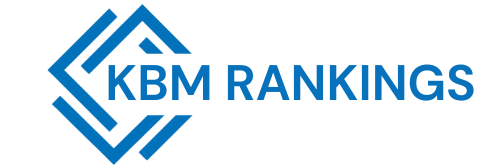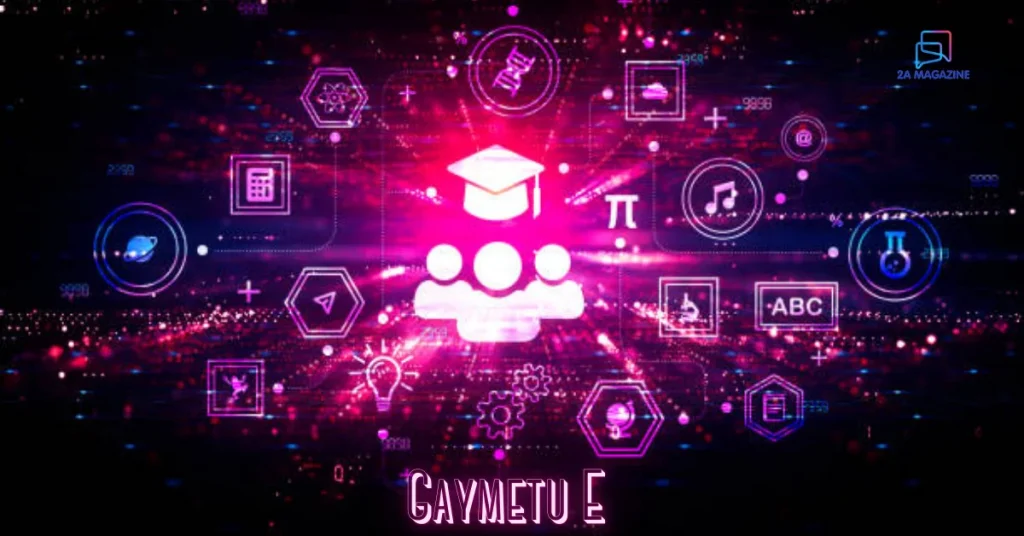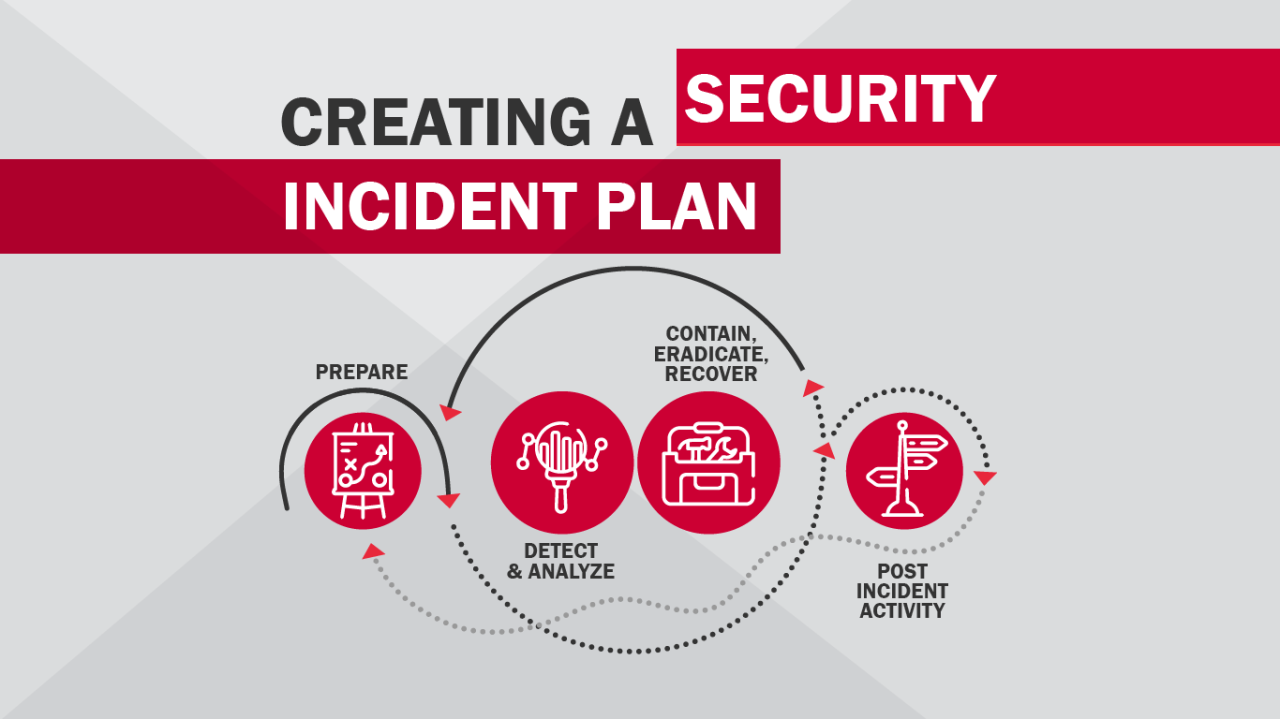In a world that’s more connected than ever, people move between apps, platforms, and even countries with just a few clicks. Yet, their digital identity is still scattered across different systems. Passwords, logins, and personal profiles exist in silos, each one vulnerable to leaks or misuse.
Now imagine a global digital passport, like gaymetu e, that gives you one secure, portable identity—usable across platforms, borders, and devices. It’s not just futuristic thinking anymore. Governments, tech innovators, and data protection authorities are already exploring frameworks for this transformation.
The question is: Are we ready?
Read also: Donnameixse: Transforming Technology and Lifestyle
The Digital Identity Crisis
Fragmented Systems and Trust Gaps
Right now, every platform—from Google and Meta to Steam and Apple ID—demands its own verification. That means dozens of disconnected data points vulnerable to phishing, hacks, and breaches.
Users want easier access, but they also fear giving up control. The paradox lies in this trade-off: privacy versus convenience. Without a unified system, identity theft, fake profiles, and authentication errors continue to rise.
The Struggle for Interoperability
International standards organizations like ISO and data frameworks like the GDPR in the European Union aim to establish consistent rules, but interoperability is still lacking. Each country and company uses its own logic, security layers, and encryption methods.
That’s where a concept like gaymetu e comes in — representing a universal identity layer that could bridge fragmented systems under one secure protocol.
Why the World Needs a Global Digital Passport
Borderless Access and Instant Verification
A global digital passport could act as your one-stop identity for all things digital. From signing into Netflix, booking flights with Emirates, or joining global workspaces like Slack, authentication would be instant and verifiable through a decentralized token.
For travelers and remote workers, this could replace outdated processes like physical ID checks, lengthy visa documentation, and multiple logins for international platforms.
Reducing Identity Fraud and Fake Accounts
According to Statista, identity theft cases have increased by more than 200% in the last decade. A standardized, blockchain-based identity passport could drastically reduce fraud by making every verification cryptographically linked to a verified source.
In social and gaming platforms, fake profiles, bots, and impersonation harm trust and community integrity. A verified, traceable passport like gaymetu e could make online spaces more authentic and accountable.
The Technology Behind gaymetu e
Blockchain: The Backbone of Trust
Blockchain technology offers immutability and decentralization — two qualities essential for a global passport system. Every identity entry could be recorded in distributed ledgers, verifiable but not editable by malicious actors.
Ethereum, Hyperledger, and Polygon are leading examples of networks that already support decentralized identity protocols (DID). Using a similar system, gaymetu e could store user identity proofs securely across multiple nodes, not a single vulnerable server.
Artificial Intelligence and Adaptive Security
AI plays a vital role in adaptive identity verification. Instead of static passwords or facial recognition, AI-based systems use behavioral biometrics — like typing rhythm or voice modulation — to recognize genuine users.
Incorporating machine learning into gaymetu e could enable dynamic threat detection, reducing fraud while keeping the experience seamless.
Challenges That Still Stand in the Way
Privacy Concerns and Ethical Dilemmas
While the tech world is excited about unified identities, privacy experts raise serious concerns. Who owns your data? Who has the right to revoke or modify your digital identity?
Frameworks like GDPR, CCPA, and Digital ID Wallets in the European Union are making progress, but many nations still lack clear rules on global data exchange. Without strong governance, a global identity could easily turn into a tool for surveillance.
Infrastructure and Accessibility Gaps
Billions of people still lack stable internet, digital literacy, or even reliable identification documents. The World Bank reports that nearly 850 million individuals globally have no recognized ID.
Before a platform like gaymetu e becomes universal, the world must bridge the digital divide — ensuring accessibility for all, not just the digitally privileged.
Real-World Moves Toward Digital Passports
Government Initiatives and Digital ID Pilots
Countries like Estonia, Singapore, and Finland are pioneering national digital identity programs. The European Digital Identity (EUDI) initiative aims to allow citizens to prove who they are and share credentials across member states seamlessly.
Even private companies like Microsoft (Entra ID) and IBM (TrustChain) are testing decentralized verification systems, signaling that the transition to global passports may not be far off.
Cross-Platform Experiments
In the gaming world, Epic Games, Valve, and PlayStation Network have started experimenting with cross-platform logins, where one identity gives users access to multiple services.
Conceptually, gaymetu e could take this further — blending authentication, social connection, and reputation into a single, globally accepted passport.
How gaymetu e Could Redefine Digital Citizenship
From Users to Digital Citizens
If a global digital passport becomes real, users would evolve into digital citizens — individuals with rights, responsibilities, and verifiable presence in the virtual realm.
Imagine having one verified identity that carries your credentials, certifications, and even digital assets. It could make credential forgery obsolete, ease hiring across borders, and streamline financial inclusion through secure KYC verification.
Empowering Individuals Over Institutions
Unlike traditional systems controlled by corporations or governments, a decentralized passport empowers individuals. You’d decide what data to share, when to share it, and with whom.
In essence, gaymetu e symbolizes digital sovereignty — giving control back to people rather than systems.
Conclusion: The Future of Digital Identity Is Collective
The dream of a global digital passport like gaymetu e isn’t just a tech vision. It’s a reflection of our need for trust, inclusion, and connection in the digital world.
As AI, blockchain, and data ethics evolve together, humanity stands at a turning point — between fragmented systems and unified identity. Whether the world is ready depends less on technology and more on global cooperation, regulation, and public trust.
The next passport might not fit in your pocket — it might live in your digital wallet. But for that future to work, it must serve everyone equally, securely, and transparently.




